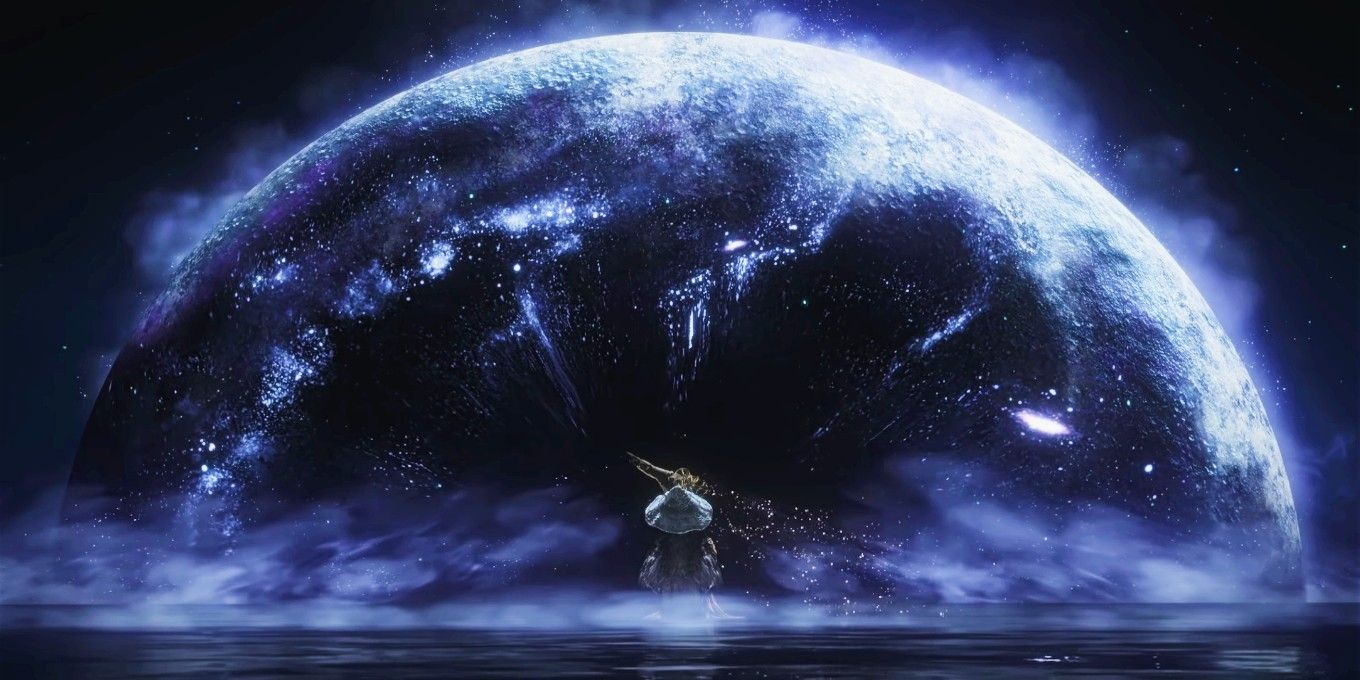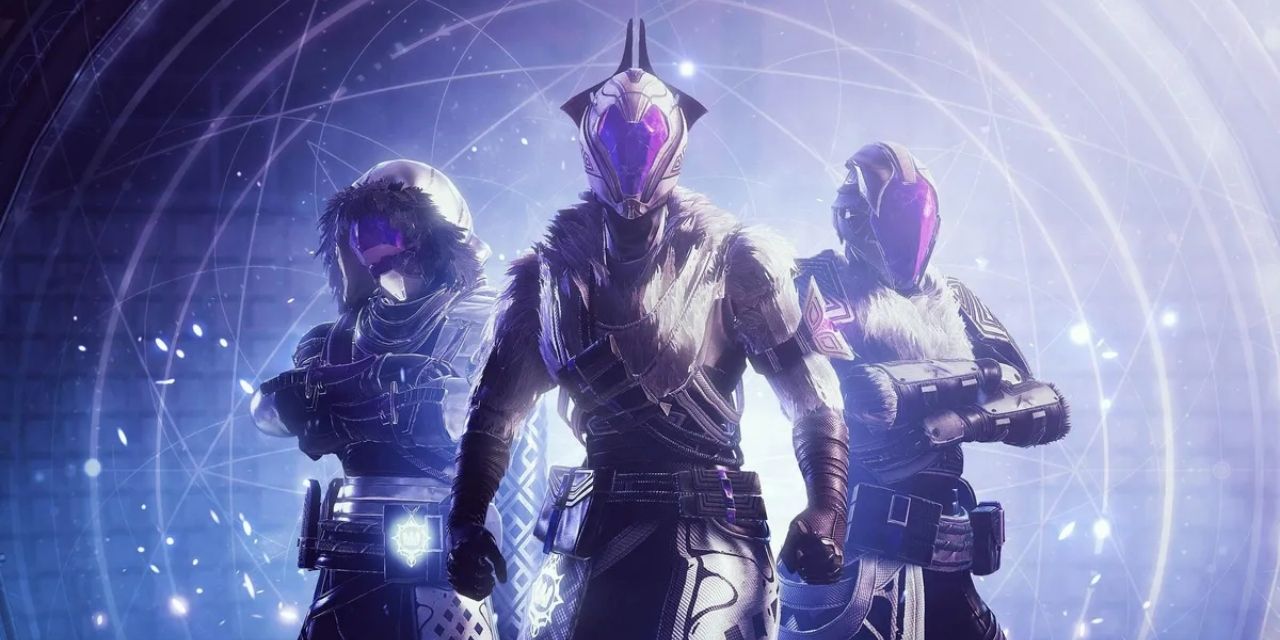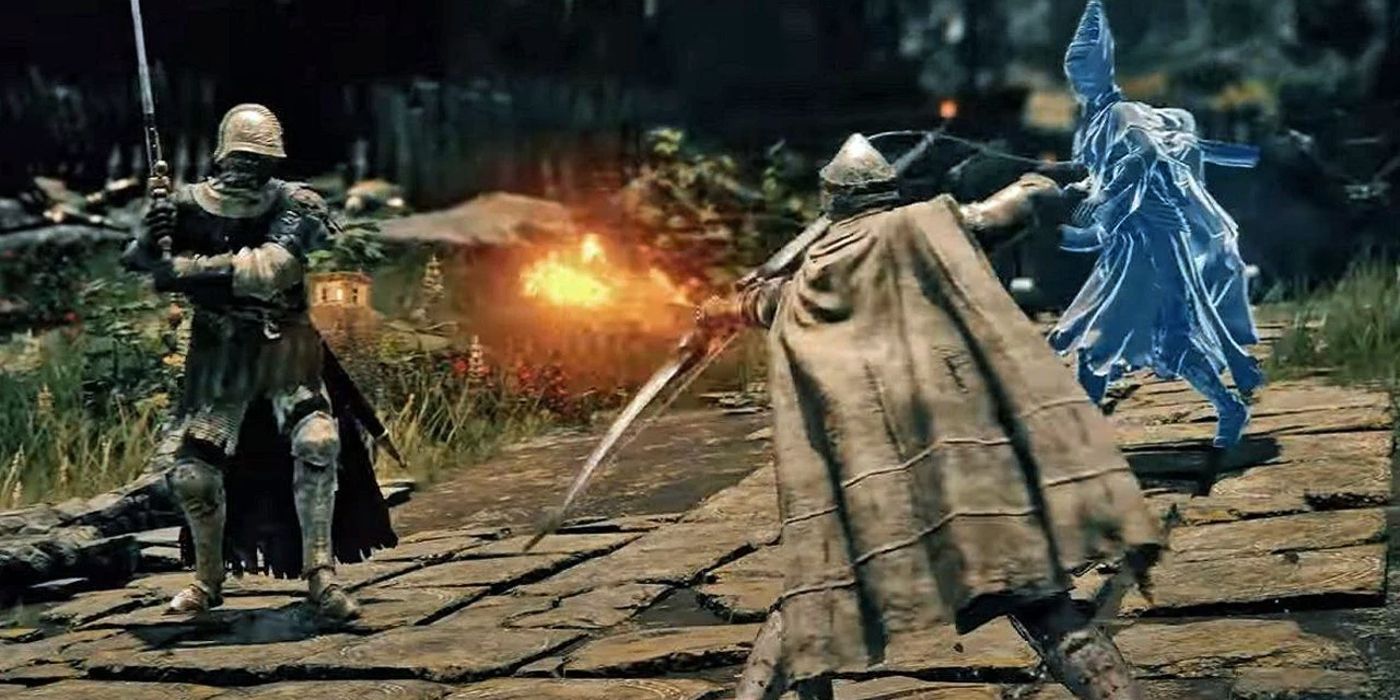Live service games mean video games don’t need to end
For much of gaming history, completing a video game was seen as a mark of pride, with players finding all the side quests, collectibles, and secret endings that developers were able to squeeze into their titles. In recent years, developers have moved towards live game service models, providing frequent content updates, expansions and additional stories for players. This new development model begs the question: do video games still need an end?
Most early games had no ending at all – only increasingly difficult levels that would eventually overtake even the best players. As games became more complex and able to tell stories and provide longer experiences, it was common for gamers to play their favorite titles over and over again, learning all the tricks and secrets they could find while waiting for a sequel to come out. Many games these days can find a longer lifespan by providing ever-increasing replayability and content that provides an experience that never really ends.
One of the biggest benefits of the live service model is the promise of more content always on the way. Destiny 2The model of providing additional seasons and content has given the game a lifespan that is twice as long as its predecessor, even though the game is overwhelming for new players in its current form. Multiplayer games in particular seem to have fully embraced this constant-update model over creating sequels, an advantage that allows players to continue to keep the items and skins they’ve unlocked during gameplay, and to not having to start over for the next title. spear.
The live-service model also allows developers to stay more in tune with the fans of their games, by making more frequent updates that correct imbalances or overpowered strategies that render games stale. For instance, Apex Legends uses the season format to shake up its meta, allowing players to engage with content on new terms every few months and freeing Respawn from having to Apex Legends 2 a year and a half after the game was released in 2019.
While multiplayer is where many games can find longevity – so much so that Naughty Dog is looking to introduce a The last of us factional multiplayer game – single player experiences have found ways to always provide more to the player. The roguelike genre is defined by replayability, with each new run creating a unique experience to enjoy.
games like Ring of Elden are able to retain players much longer than other single-player experiences with their wide variety of gameplay, offering a host of unique and interesting endings, as well as the ability to play PvP. Even without its expected DLC being released yet, Ring of Elden has remained far more popular since its release than many other single-player titles.
This model of constantly providing new players with new content is not perfect, however. The size of games can easily spiral out of control, and fans may find it frustrating that games retain older, outdated mechanics instead of rebooting with a better baseline. World of Warcraft has had many ups and downs in his life, and although his Dragonflight the expansion could see a positive reception, many players have already left the former king of MMOs due to the bloated and outdated nature of the game.
Making games last longer instead of completing them and moving on to a sequel is quickly becoming the norm instead of the exception. While there will always be a place for short titles that come to an end, allowing gamers to keep playing the titles they love with no end in sight allows games to stay in the public eye longer than they might. would have done before.




Comments are closed.